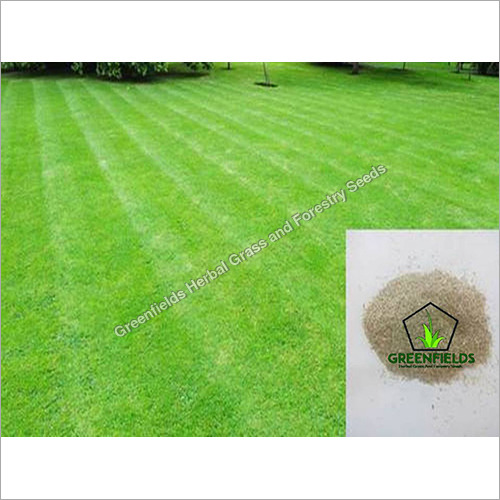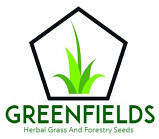
Bermuda Grass Seeds For Soil Erosion
Product Details:
- Type Other
- Cultivation Type seeds
- Variety Other
- Purity 90%
- Click to View more
Bermuda Grass Seeds For Soil Erosion Price And Quantity
- 1700 INR/Kilograms
- 5 Kilograms
Bermuda Grass Seeds For Soil Erosion Product Specifications
- Other
- 90%
- Other
- seeds
Bermuda Grass Seeds For Soil Erosion Trade Information
- 1000 Kilograms Per Year
- 5 Days
- Yes
- Free samples available with shipping and taxes paid by the buyer
- PP bags
- All India
Product Description
Bermuda Grass Seeds For Soil Erosion
Uses:
Erosion control: Bermuda grass is used for critical area planting (including channels and pond banks), grassed waterways and vegetated flumes.
Bermudagrass is probably Asian in origin and was documented as an important grass in the United States by 1807. It is a long-lived, warm season perennial that spreads by rhizones, stolons and seed. Stems are leafy, branched and 4 to 6 inches tall. Under favorable conditions, stems may be 12 to 18 inches high. Stems are short jointed. Leaves are flat and spreading. The ligule is a circle of white hairs. Leaves may be hairy or smooth. Seed heads are usually in one whorl of 3 to 7 spikes, each about 1 to 2 1/2 inches long. Some robust forms may have up to 10 spikes in 2 whorls. There are approximately 2,071,000 hulled seeds per pound.
Why to purchase from Greenfield
-
Guaranteed Quality: We sell high quality seeds. If we don't have new seeds we simply say no to our customers instead of selling old seeds. We test our seeds.
-
Online tracking: When we send seeds you can track them online where has it reached, and when will you get it.
-
Payment on Delivery: One large order we provide facility of payment on delivery.
-
Support after purchase: You will get a complete guide on sowing method of seeds after purchase, in case you were not very successful or have any doubt then you can discuss with our team on what you did wrong or how to make it better.
-
Advantage of buying from professional firm: As we believe in long term relationship and have a big name to defend in market, you are assured of right quality at right price
-
Easy Payment options: Credit card, Debit card, Net banking, NEFT/RTGS, Cheque, IMPS, Western Union, Money gram
Adaptation and Distribution
Although a few hardy strains of Bermudagrass persist in areas with sub-zero winter temperatures, it has achieved importance only in areas of relatively mild winters. Once established on moderately deep to deep soils, Bermudagrass maintains dense sod with 16 inches of rainfall. It can withstand sedimentation and long periods of inundation. It prefers full sun and can grow rapidly at air temperatures exceeding 10 F.0.
Bermudagrass prefers deep soils but produces well on moderately shallow sites under irrigation and good management. It persists on poor soils but requires high nitrogen levels for best appearance. It withstands pH ranges from about 5.0 to 8.5 and is boron tolerant. It tolerates saline soils with up to 18 millimhos of electrical conductivity in the soil solution.

 English
English Spanish
Spanish French
French German
German Italian
Italian Chinese (Simplified)
Chinese (Simplified) Japanese
Japanese Korean
Korean Arabic
Arabic Portuguese
Portuguese







